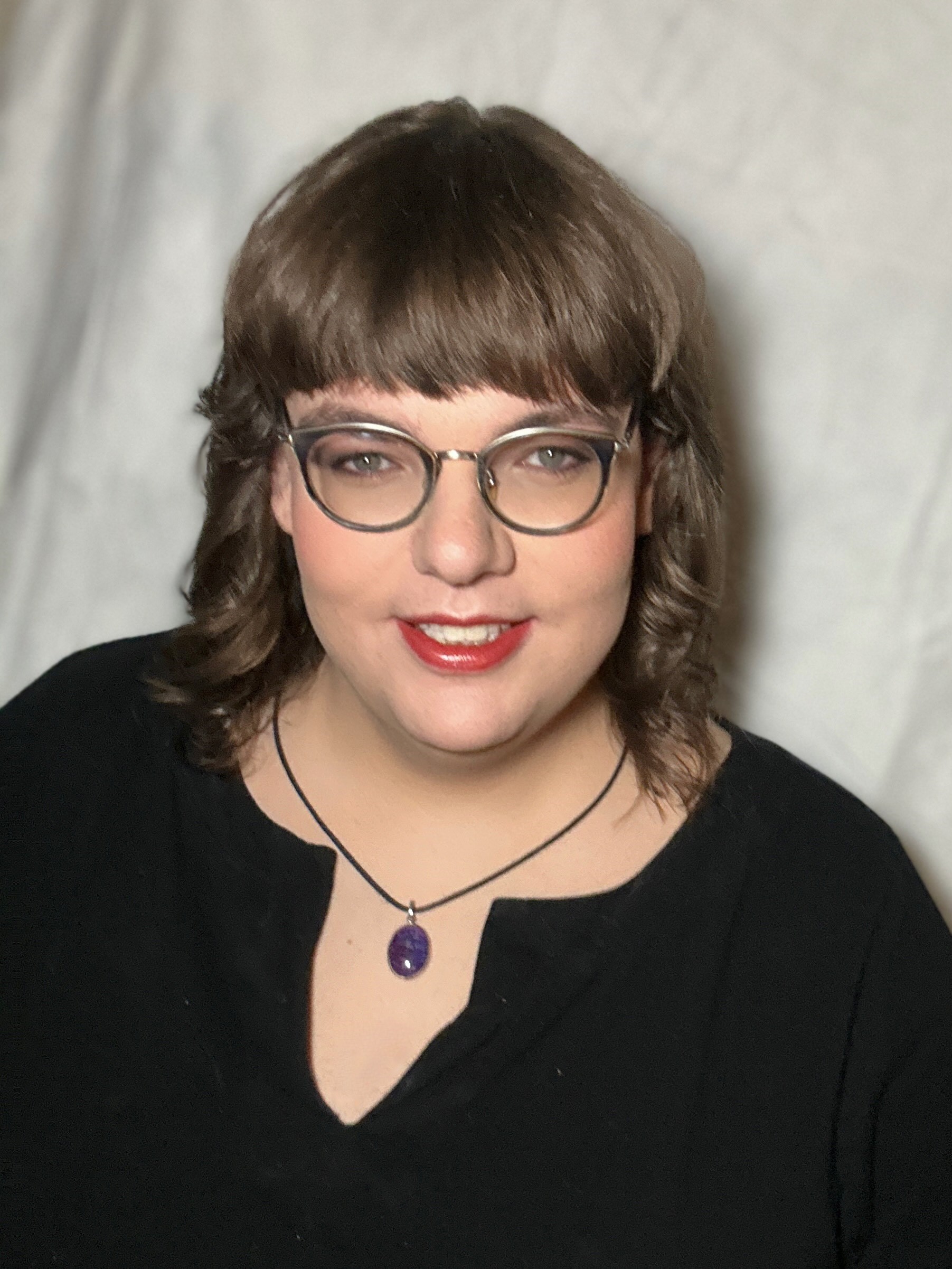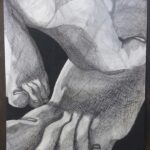According to the Westchester County Department of Health, approximately 20% (nearly 200,000) people in Westchester County live with a disability. As we celebrate Disability Pride Month at Westchester Independent Living Center, we recognize the significance of this month and its impact on fostering a more inclusive society. Disability Pride Month is a time to honor the history, achievements, and resilience of the disability community. This month-long celebration marks the anniversary of the Americans with Disabilities Act (ADA), landmark legislation enacted on July 26, 1990, which broke down countless barriers to inclusion and accessibility in society. Disability Pride Month not only commemorates these milestones but also highlights the ongoing efforts and triumphs of individuals with disabilities.

To shed light on this important topic, we had the pleasure of speaking with Sylvia Cusack, a passionate advocate for disability rights and a cherished member of the WILC community. Sylvia is a Post-Rehabilitation Transition Specialist at WILC who has dedicated her career to advocating for and empowering individuals with disabilities, helping them navigate the challenges of post-rehabilitation and transition to independent living. From our conversation with Sylvia, we are highlighting 4 things WILC is celebrating this Disability Pride Month 2024.
1. The Historical Significance of Disability Pride Month
Disability Pride Month is rooted in decades of advocacy, honoring those who fought for disability rights and recognition. Sylvia Cusack remarks, “Over decades and decades of activism, so many glorious people really paved the way for us. I think about the many movements that started in a series of institutions in different parts of the [United] States—the people who wanted to go home, and then the organizing on the streets” to secure rights by way of public policy.” Sylvia reflects, “the work that I do is possible because of the ADA.” “Before this was made possible, people in situations like mine who are disabled and want to get to certain places, did not have transportation access, access to public places. A number of universities and other places like doctors offices, a bank, were not as accessible as things are becoming now.” She specifically emphasizes the importance of Section 504 of the Rehabilitation Act and Title II of the Americans with Disabilities Act of 1990, which protect parents and prospective parents with disabilities from unlawful discrimination in the administration of child welfare programs, activities, and services.
2. Disability Pride’s Emphasis on Community:
Disability Pride Month is a time for the disability community to come together in a spirit of empowerment. “It represents a time of year where a community of people…and what I hear is actually the world’s largest minority group…who very often get left out of many conversations, are invited to center themselves so they don’t really have to feel hidden in the way that they have been historically,” shares Sylvia.
This sense of community is vital. It provides a platform for individuals with disabilities to share their experiences, challenges, and triumphs. By doing this, they can find strength in numbers, build networks of support, and foster a sense of belonging.
Moreover, Disability Pride Month serves as a reminder that the disability community is diverse, comprising people with a wide range of abilities, backgrounds, and stories. Celebrating this diversity not only strengthens the bonds within the community but also educates the broader public about the multifaceted nature of disability.
THE WILC 2024 DISABILITY PRIDE MONTH ART SHOWCASE
The WILC 2024 Disability Pride Month Art Showcase celebrates the creativity and resilience of our community members with disabilities. This vibrant exhibition features an inspiring collection of visual and written artworks submitted by individuals within the WILC community.
We invite you to explore the showcase here!
Celebrate Disability Pride Month with us by appreciating this artwork, which will also be featured on WILC’s newsletter (sign up for our e-mails), and on social media ( Facebook, Instagram and LinkedIn)
3. A Month to Educate & Learn:
Disability Pride provides an opportunity for education on disability rights and conversations about disability. During a dedicated month of awareness, Sylvia expresses, “we can kind of come together and learn from different members of the community, in the many communities that make up the disability community, and really hear from the people themselves.” Doing so, she says, highlights the need to address misconceptions surrounding the disability community and individuals therein. For example, Sylvia comments on the misconception that a person with disabilities occupies a lesser level of personal sovereignty. She emphasizes, “The person [with a disability] will always be the authority on their own experience and should be acknowledged directly in a conversation they are included in or subject to.” Respecting privacy and autonomy is how we ultimately address the misconception that people with disabilities are burdensome or do not possess the same dignity as others without disabilities.
4. Disability Pride Empowers Ongoing Advocacy:
Despite significant progress, there is still work to be done, and Disability Pride Month serves as a reminder to continue advocating for accessibility, rights, and inclusion. “Disability Pride represents a degree of progress that I am very grateful to see in real-time, and it gives me that much more hope for the younger generation of disabled people who hopefully won’t have to go through the things that some of our elders did,” Sylvia states. Ongoing progress on a collective scale starts with empowerment on the individual level. To younger people with disabilities, Sylvia advises that “the people who have been some degree of disrespectful or ableist, or mistreating someone based on your disability, are lying to you…They’re not correct. You are a full and complete human being, and the world around you and the world you are looking forward to–the many futures you are all imagining for yourself–are not at all impossible.”
As we reflect on the significance of Disability Pride Month, let us continue to advocate for and support the rights and achievements of individuals with disabilities. Together, we can build a more inclusive and equitable society for all.

